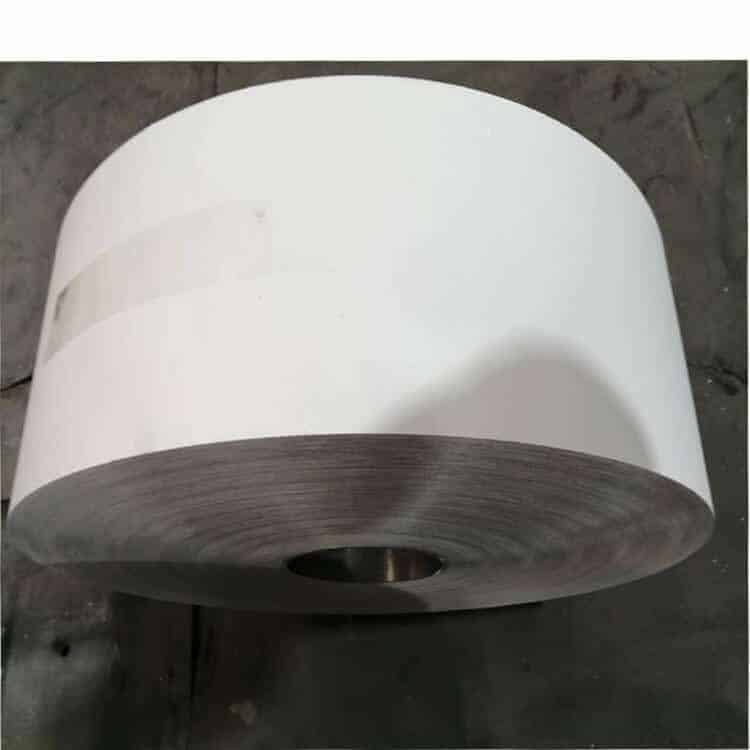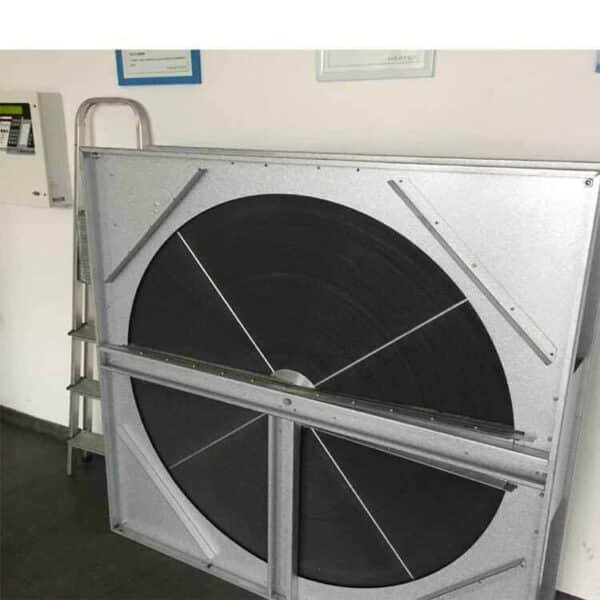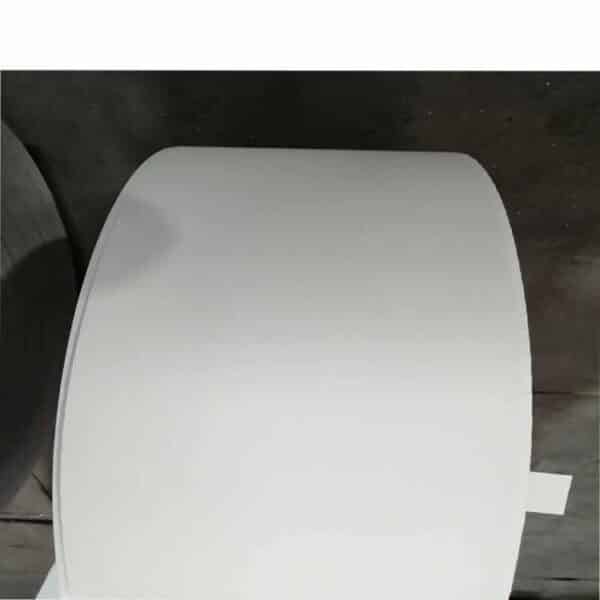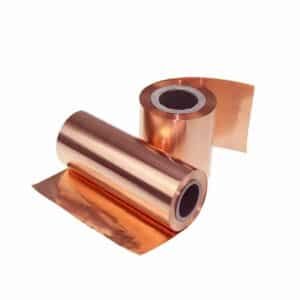Microporous Aluminate Molecular Sieve Crystal
Synthetic or natural hydrated silica aluminate (zeolite) with molecular sieve properties is known as zeolites. Their chemical formula is (M’2M) O – Al2O3 – xSiO2 -yH2O, with M being monovalent or divalent cations such as K, Na, Ca2 and Ba2. Their structure includes uniform pore channels with neatly arranged pores to separate molecules of various sizes and shapes; molecular sieves with various pore sizes are created based on different ratios between SiO2 and Al2O3, producing models such as 3A (Potassium type A), 4A (sodium type A), 5A (Calium type A), 10Z (calcium type Z), 13Z (sodium type Z), and finally Y (sodium Mordenite).
High adsorption capacity, strong selectivity and temperature resistance make adsorbents an invaluable choice in organic and petrochemical industries, making them great candidates for gas dehydration applications and exhaust gas purification processes. Adsorbents also see increasing use in exhaust gas purification applications.
Chinese name of molecular sieve:
Essence —– is a hydrated silica aluminate or natural zeolite substance.
Features – There are multiple uniform pore channels and cavities on this panel.
Performance Solutions Provided include Adsorption, Ion Exchange and Catalytic Performances
Application
Application – catalysts and adsorbents
Manufacturing methods of molecular sieve aluminum foil used in air treatment systems involve steps such as selecting aluminum foil, coating cross-linked resin on it, coating molecular sieve, and drying. The present invention’s manufacturing method features an easy and low cost process; once produced, its molecular sieve aluminum foil exhibits strong absorption capacities, high strength levels, effective heat exchange rates, good antimold properties, as well as good anti-mold properties for use across a range of air treatment systems such as air exchange or HVAC; particularly suitable for use at temperatures from -40250.
Molecular sieve materials used as open skeleton structures on rotating wheels of air exchange systems have long been recognized for their ability to absorb moisture molecules for insulation, energy conservation and air purification purposes. Unfortunately, existing technologies utilizing molecular sieve materials adhered to aluminum impellers have poor adhesion properties and low moisture absorption capacities; leading to poor adhesion rates, moisture absorption capabilities, durability issues or both.
In order to extend the lifespan of ventilation systems, reduce power consumption, enhance ventilation quality and enhance air exchange efficiency, the industry is continually striving to enhance heat exchange materials’ performance.
Features
“Molecular Sieve Aluminum Foil,” or MSAL, is an aluminum foil coated with molecular sieves for extra filtration and durability. Here are a few key characteristics of MSAL:
1. Moisture Absorption: MSAL’s molecular sieves have the unique capability of selectively absorbing and retaining moisture, making it suitable for applications where moisture control is crucial – for instance packaging sensitive electronic components or pharmaceuticals.
2. Gas Adsorption: MSAL can also possess gas adsorption capabilities, similar to moisture absorption. Molecule sieves can selectively adsorb gases such as volatile organic compounds (VOCs) or other unpleasant odorants to help decrease odor levels and preserve air quality.
3. Barrier Protection: Aluminum foil alone serves as an effective barrier against moisture, gases and light; adding molecular sieves further strengthens these properties and guarantees the integrity and protection of packaged contents.
4. Compatibility: MSAL is generally compatible with various materials and packaging formats such as pouches or laminated films. Furthermore, it can be combined with other protective materials to form multi-layered barriers.
5. Tailor-Made Solutions: MSAL can be tailored to meet the specific needs and performance requirements of an application by choosing appropriate types and sizes of molecular sieves to achieve desired moisture and gas control characteristics.
Keep in mind that MSAL specifications and performance capabilities may depend on its manufacturer and specific requirements, and therefore it is wise to consult directly with its provider or manufacturer in order to gather more detailed information regarding features, limitations and suitability for your intended application.
















